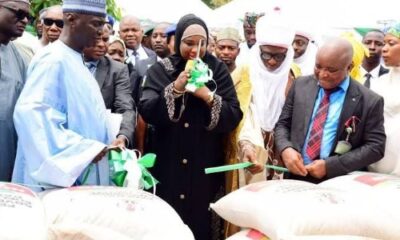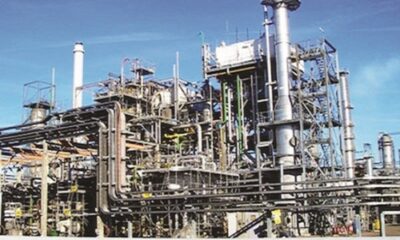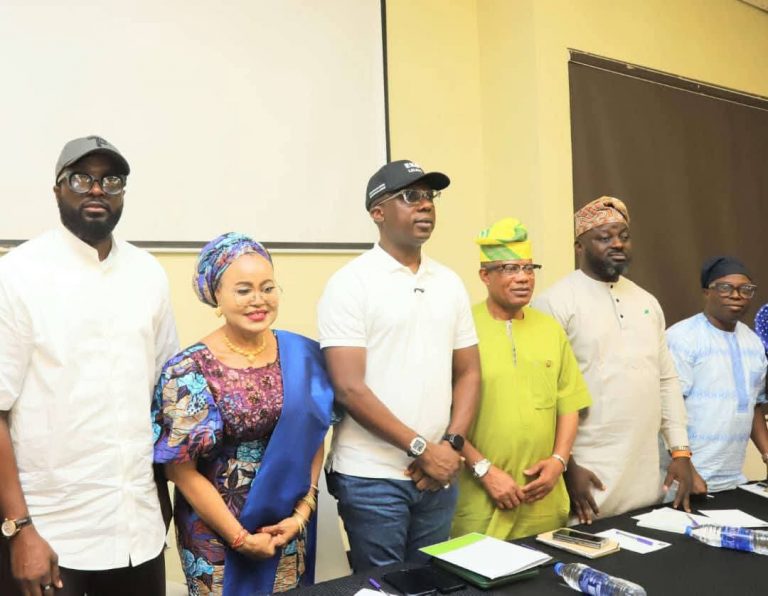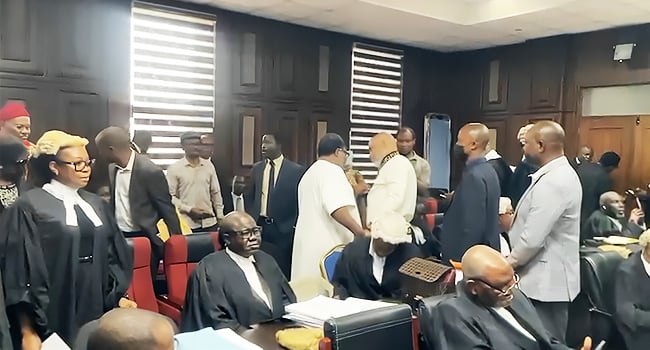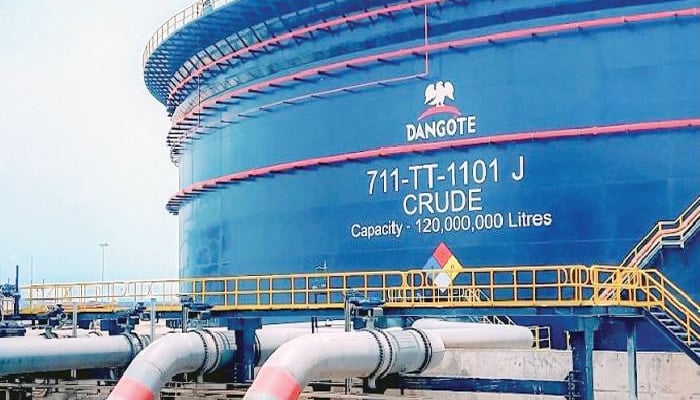Some engineers recently dismissed by the Dangote Refinery have denied claims that there were 22 incidents of sabotage at the multibillion-dollar facility, including attempts to set it on fire.
The sacked workers, who spoke anonymously due to the sensitivity of the issue, insisted that the allegations were false and accused the refinery of punishing them for joining the Petroleum and Natural Gas Senior Staff Association of Nigeria (PENGASSAN).
According to them, if the refinery truly recorded several sabotage attempts, “someone would have been arrested or prosecuted by now.”
“From media reports, they said they have evidence. How can there be evidence without suspects?” one of the engineers asked.
The group said no member of the refinery’s technical team ever attempted to destroy or damage the facility, adding that many of them were part of the core professionals who built the plant.
“Some of us helped build this refinery. How could we turn around to destroy it? We love the project and want it to succeed,” a dismissed worker said.
During a media tour of the refinery last Friday, Devakumar Edwin, Vice President of the Dangote Group, had said the sacked engineers were dismissed for acts of sabotage, not union activities.
Edwin maintained that the company had documented “22 cases of sabotage,” including incidents where some workers allegedly attempted to set fire to certain sections of the refinery or tamper with key equipment.
“We have been under repeated attacks. Fortunately, it’s an ultramodern refinery. Whenever someone tries to start a fire or tamper with a system, our safety mechanisms respond automatically,” he stated.
He added that the company embarked on a massive reorganisation to protect its operations and dismissed suggestions that the exercise was linked to pressure from PENGASSAN.
However, the sacked engineers insist their dismissal was a direct response to unionisation efforts, noting that they had merely volunteered to join PENGASSAN before their contracts were abruptly terminated.
The dispute had led to a strike by oil and gas workers three weeks ago, which disrupted operations and affected national oil output and power generation.
The Federal Government later intervened, directing the Dangote Group to recall or redeploy the affected staff.
Although sources within the company hinted at plans to redeploy the engineers to other business units such as the Dangote Sugar and Dangote Cement plants, the workers told reporters they had not been contacted since their September salary was paid on October 6.
“We are still at home; no communication so far. We’re waiting for the next decision of the company,” one of them confirmed.
The Dangote Refinery, commissioned in 2023, remains one of Africa’s largest industrial projects, but recent labour tensions have renewed debates over workers’ rights and corporate accountability within the private sector.

 BIG STORY2 days ago
BIG STORY2 days ago
 BIG STORY2 days ago
BIG STORY2 days ago
 BIG STORY3 days ago
BIG STORY3 days ago
 BIG STORY23 hours ago
BIG STORY23 hours ago
 BIG STORY2 days ago
BIG STORY2 days ago
 BIG STORY18 hours ago
BIG STORY18 hours ago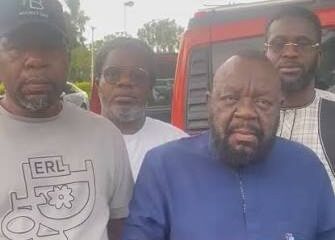
 BIG STORY2 days ago
BIG STORY2 days ago
 BIG STORY2 days ago
BIG STORY2 days ago







